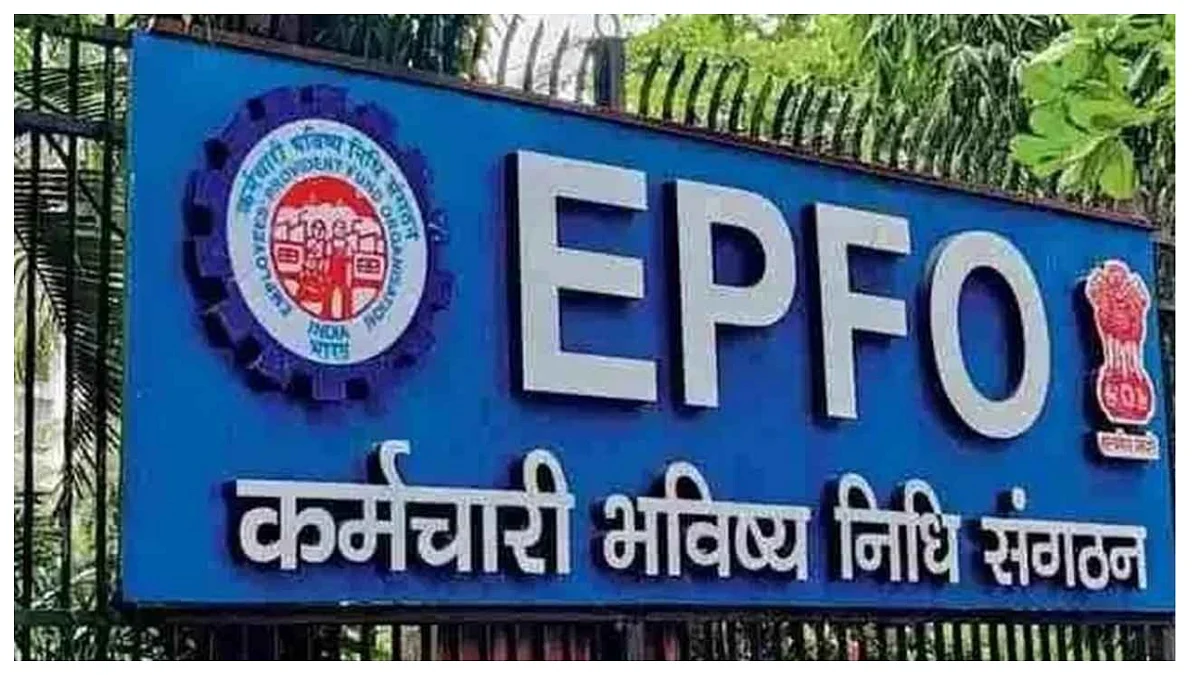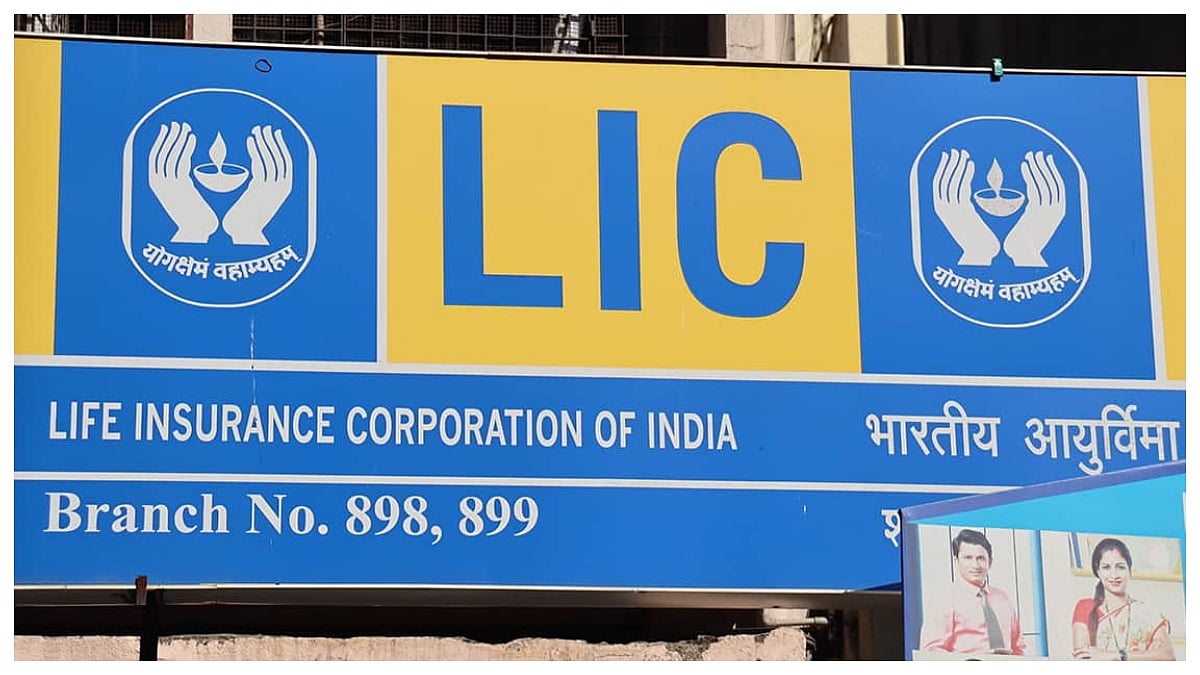The price to buy the blue bird, the town square of the world, was $44 billion. Twitter has been bought, but will it be saved?
Earlier this year, in April, Elon Musk made an unsolicited offer for Twitter. And after months of uncertainty, the deal is finally done and Mr Musk now owns Twitter. And he plans to not just make it private, but also loosen up some of the content moderation that restricted hate speech.
Twitter’s former CEO Parag Agrawal had outraged a number of people across political divisions with his statements on freedom of speech, when he stated that Twitter would “focus less on thinking about free speech” because “speech is easy on the internet. Most people can speak. Where our role is particularly emphasised is who can be heard.” Many on both the right and the liberal ends of the spectrum believed that a technology company cannot make this choice without either due process or without transparency. And twitter was opaque about both.
For Mr Musk, Twitter was the world’s town square. And he found its moderation policies to be anti-free speech, and therefore anti-democracy. He tweeted in March, a few weeks before his offer to buy Twitter “Given that Twitter serves as the de facto public town square, failing to adhere to free speech principles fundamentally undermines democracy. What should be done?” He had run a poll to find out if Twitter adheres to this principle, on Twitter. Over 2 million people participated, and over 70% of them voted a strong no. He tweeted after the sale was complete, “The reason I acquired Twitter is that it is important to the future of civilisation to have a common digital town square, where a wide range of beliefs can be debated in a healthy manner, without resorting to violence.”
Today, most of the old management is gone, fired by Musk within the first 24 hours of taking charge. There is a sword of Damocles that hangs over the 7500 employees who are employed by Twitter across the world. Engineers have been brought in from his other company, Tesla, to breathe some life into Twitter. But, on the face of it, Twitter has less of an engineering problem, and more of an engagement problem.
Most high-profile celebrity users on Twitter, those with large follower bases, rarely use the platform. If and when they do, it is to make broadcast announcements and not to interact with those who tweet to them. The second major issue is with the nature of content on the platform. If you spend time and curate your feeds you will find a wealth of information, from science funding to museums; from classical music to mental health. Twitter has some content for every interest type. However, it is best known for political debate, dissent, and abuse. Beyond that you have hate groups, conspiracy theorists, fake news purveyors and anonymous trolls, all of which vitiate the atmosphere and make Twitter an unpleasant experience. And it is this that makes Twitter unattractive for brands and advertisers. People wishing others dead or threatening to rape women are there in enough numbers to scare away advertisers.
Finally, no one really knows how many real users Twitter has, because of the number of fake accounts and spambots. Twitter claims that fewer than 5% of the accounts it is fake or spambots. Musk himself put that figure at almost double that. For advertisers, and investors, this lack of accuracy in terms of daily or monthly real active users, is a big thing.
This is the mess Mr Musk inherits. If he lets free speech reign; the fear is that it will unleash hate speech. Twitter will need to clarify a few things about free speech. Will lies be free speech? Will threatening rape or murder be free speech? Will the call to overthrow a government be free speech? How about calls for secession? While each of them depends on the law of the land where Twitter operates, in a world without borders and with VPNs it is difficult to say where electronic jurisdiction begins or ends.
Moreover, even if Mr Musk solves for all this, he has a bigger problem. And that is not just a Twitter problem, it is a society problem. People have simply stopped engaging with the other side. Without engagement, at a larger level and beyond echo chambers, a social network won’t be able to grow. There was a time we spoke to each other, debated vigorously, laughed and moved on. Now it has become all too personal, too bitter. As Mr Musk points out to advertisers in his post-takeover note, the traditional media has vitiated the atmosphere chasing eyeballs and clicks, and killed dialoguein doing so.
One of the things he has spoken about is longer content pieces, which may allow for more nuanced conversations. Arguing in 140, or even 280 characters, or 15-second videos, is always going to be reductionist. Twitter Spaces, that allows long form and nuanced voice conversations, is gaining popularity. Also, many mainstream media platforms that are now making money are focusing on high quality content to deliver value to the advertiser. It seems like Elon Musk is looking at Twitter not so much as a tech platform that monetises eyeballs, but a content platform that monetises attention and engagement. To do that, he is going to get us talking — and that is going to be interesting.
The writer works at the intersecton of digital content, technology, and audiences. She is a writer, columnist, visiting faculty, and filmmaker. She tweets at @calamur




